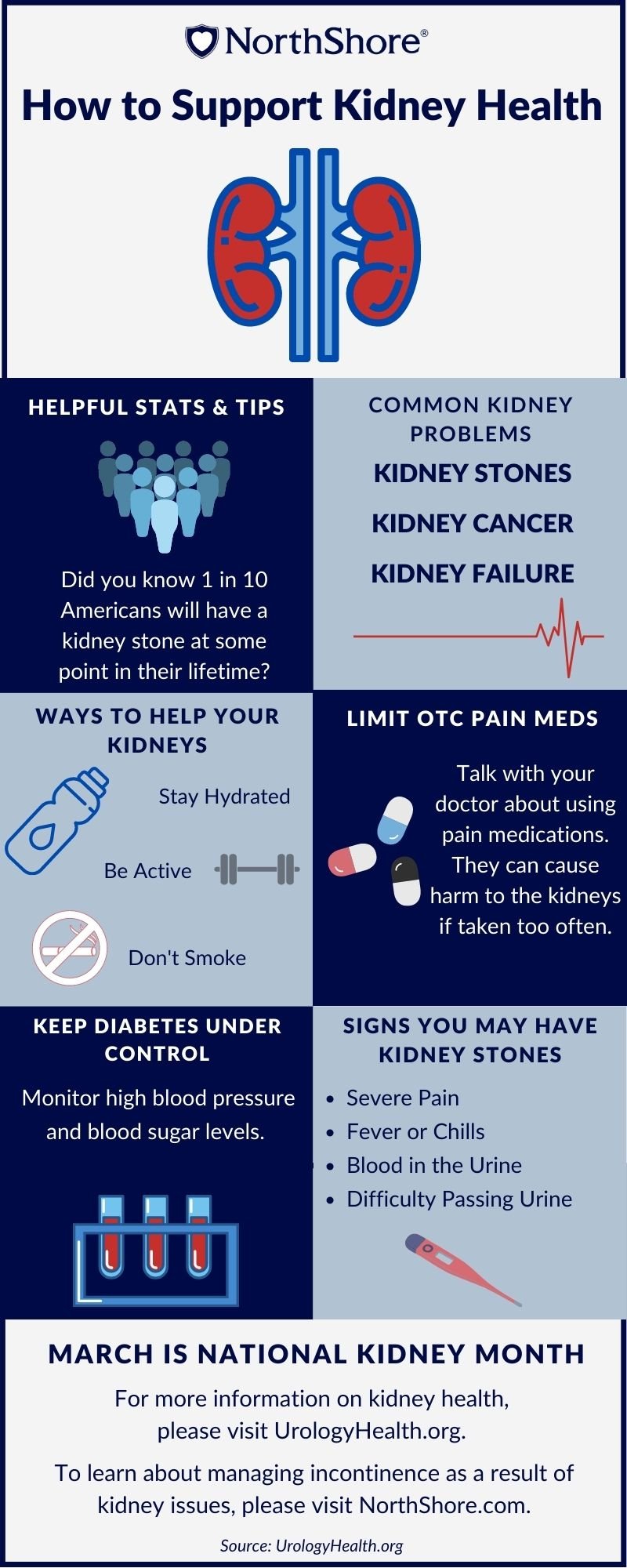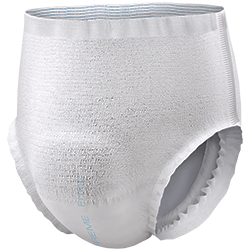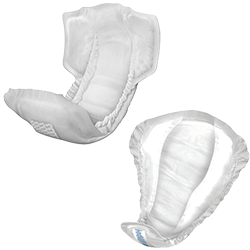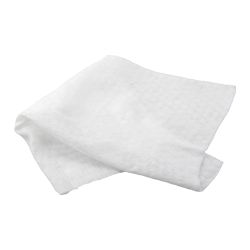How to Have Healthy Kidneys: Stats, Tips and When to See a Doctor
How much do you know about your kidneys? For National Kidney Month, we want to raise awareness with helpful information, tips on how to keep your kidneys healthy and signs it may be time to seek professional care. To learn about managing incontinence as a result of kidney issues, visit NorthShore.com.
Please talk to your doctor regarding any questions or concerns you have with your specific situation. NorthShore is not a substitute for medical advice.
March Is National Kidney Month
The kidneys are the body’s filters, working to remove waste and return nutrients. Kidney health is important for our entire lives—the Centers for Disease Control (CDC) reports that chronic kidney disease affects about 15% of adults in the U.S.
Common kidney problems include kidney stones, kidney cancer and kidney failure. UrologyHealth.org reports that 1 in 10 Americans will have a kidney stone in their lifetime. Signs of kidney stones include:
-
Severe pain
-
Fever or chills
-
Blood in urine
-
Difficulty passing urine
Untreated urinary tract infections (UTIs) can sometimes lead to kidney damage. In addition, polycystic kidney disease (PKD), a kidney problem that is usually inherited, includes symptoms such as kidney stones and UTIs. Talk with a health care provider if you or a loved one is experiencing frequent UTIs or kidney stones.
Ways to Support Kidney Health
There are a number of ways to support healthy kidney function. Limit use of over-the-counter (OTC) pain medications. Talk with a healthcare professional about use of pain meds, as they can harm the kidneys if used too often.
Monitoring diabetes is also critical for kidney disease prevention. Regularly check blood pressure and blood sugar levels. Other ways to support kidney health include:
-
Staying hydrated
-
Being physically active
-
Avoiding smoking
Visit UrologyHealth.org for more information on kidney health and the NorthShore Blog for articles on managing incontinence.












